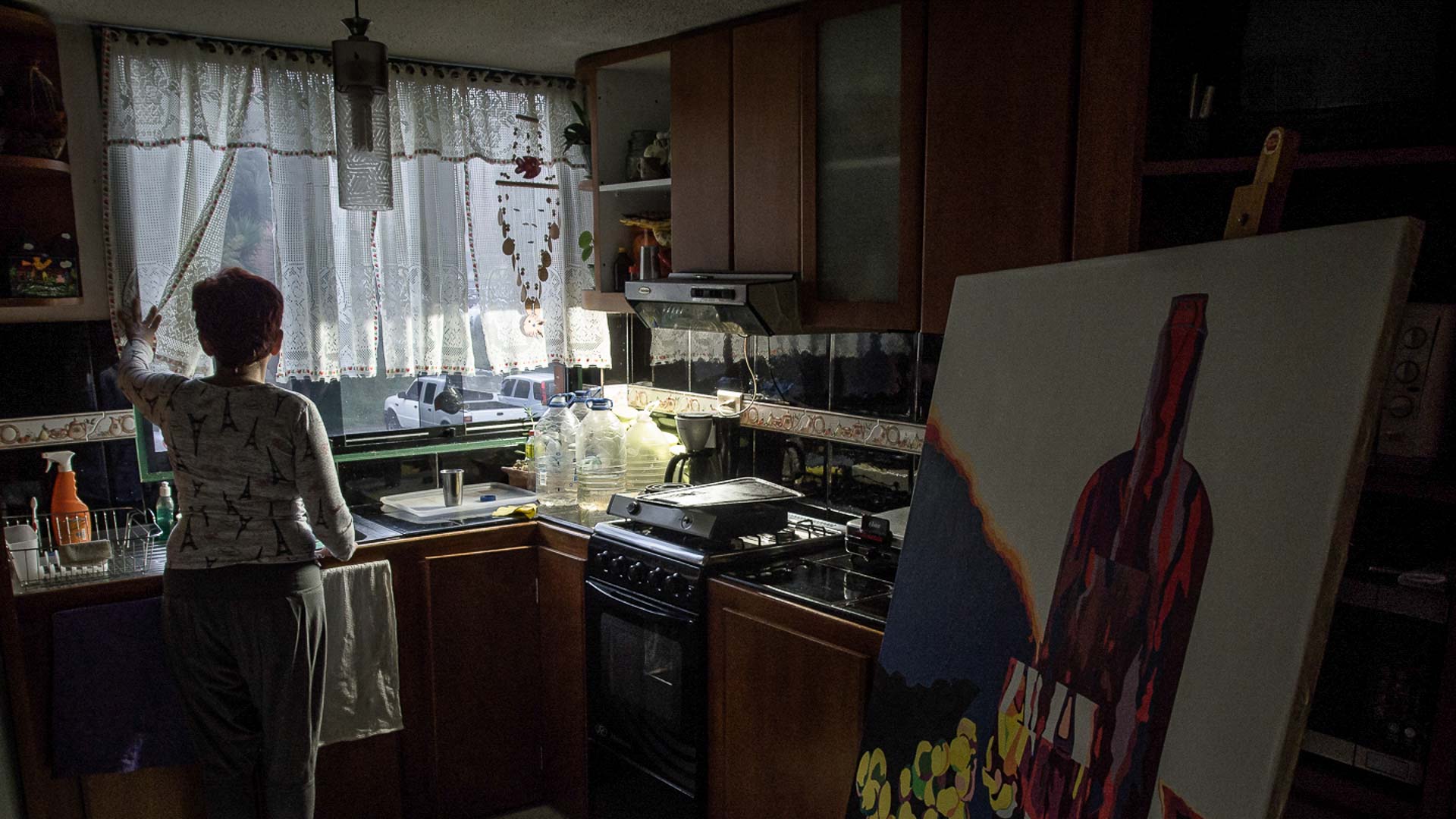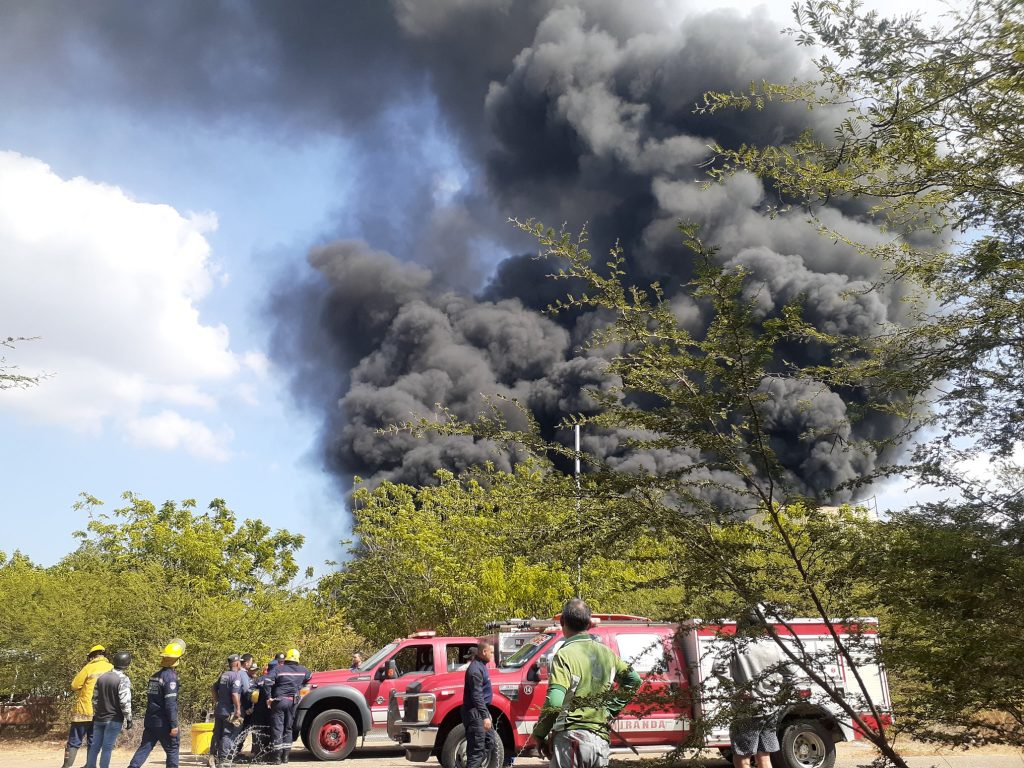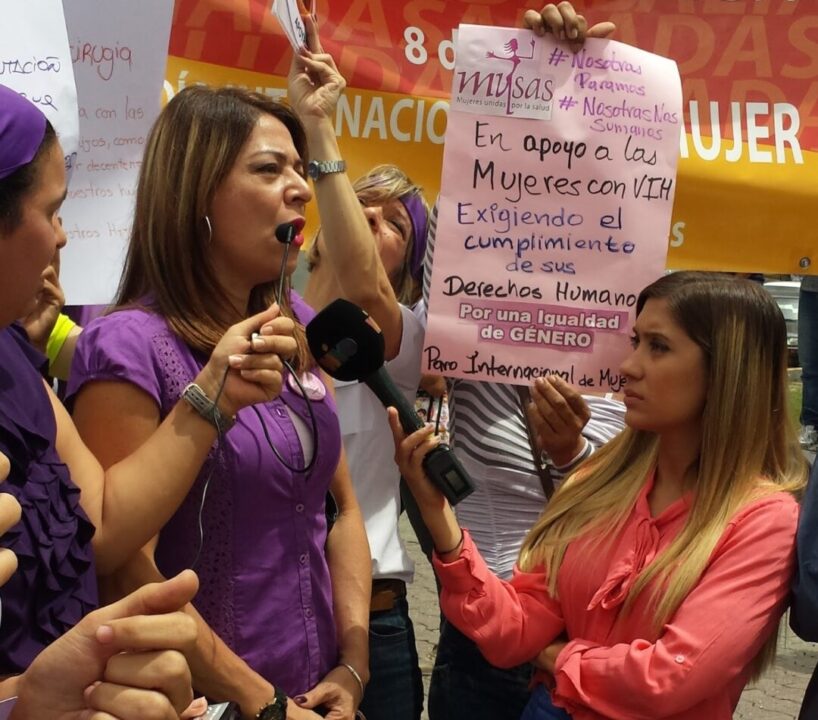Mariana Aylwin Oyarzún is a Chilean university professor and independent politician who has also served as a member of parliament and Minister of Education during the government of Ricardo Lagos from 2000 to 2003. In a recent interview, Aylwin affirmed that, although the current political process in Venezuela is very different from the process in Chile in the late twentieth century, we can learn a lot about the transition of the southern country during dictator Augusto Pinochet’s handover of power.
Her father, Patricio Aylwin, led the Chilean transition as the first democratically elected president after the dictatorship. That is why the political activist has focused her efforts on studying negotiation processes in Latin American countries.
“No dictatorship will fall when it has the support of the Armed Forces. In 1986, a movement in Chile brought together the demands of society and, as a bloc, political parties started supporting civil society and seeking political force, ”Ms. Aylwin summarized.
She recalled that during the 1988 plebiscite, which ultimately led to the fall of Pinochet, the democratic forces came together and did everything to avoid any situation that could strengthen the militaristic government they hoped to defeat.
“We took part in the plebiscite without any conditions; We did not have the right to campaign, but we still participated. In the 1988 plebiscite, we kept an eye on every polling station. There was no WhatsApp or Internet at that time, so we sent the final count by phone,” she recalled.
Mariana Aylwin ensured that international assistance was fundamental in the electoral process. “International observation was very important, there were observers who visited the polling stations to verify the process,” she said.
She also explained the importance of seeking a sense of unity in terms of what the country wants and needs, something that could be replicated in Venezuela
“In Chile, we were divided but we sought union, even with people who supported the regime. We sat down to talk, not only about what had happened but also about the country we wanted and how we could rebuild hope, “she pointed out.
Always hopeful
Regarding the Chilean experience, Ms. Aylwin, vice president of the Aylwin Foundation, asserted that the same could be done in Venezuela, taking into account that for all political processes, dialogue is fundamental to go over barriers and find common ground to reach an agreement.
“In the course of those years in Chile, we understood that the political parties and civil society did not have so many differences and that we could see the future of the country with hope and convey that hope to a country that was skeptical and with few expectations for the future.
For Aylwin, dialogue is essential since it allows us to go over barriers and find common ground to reach an agreement.
Watch the full interview in Spanish here:
Translated by José Rafael Medina




